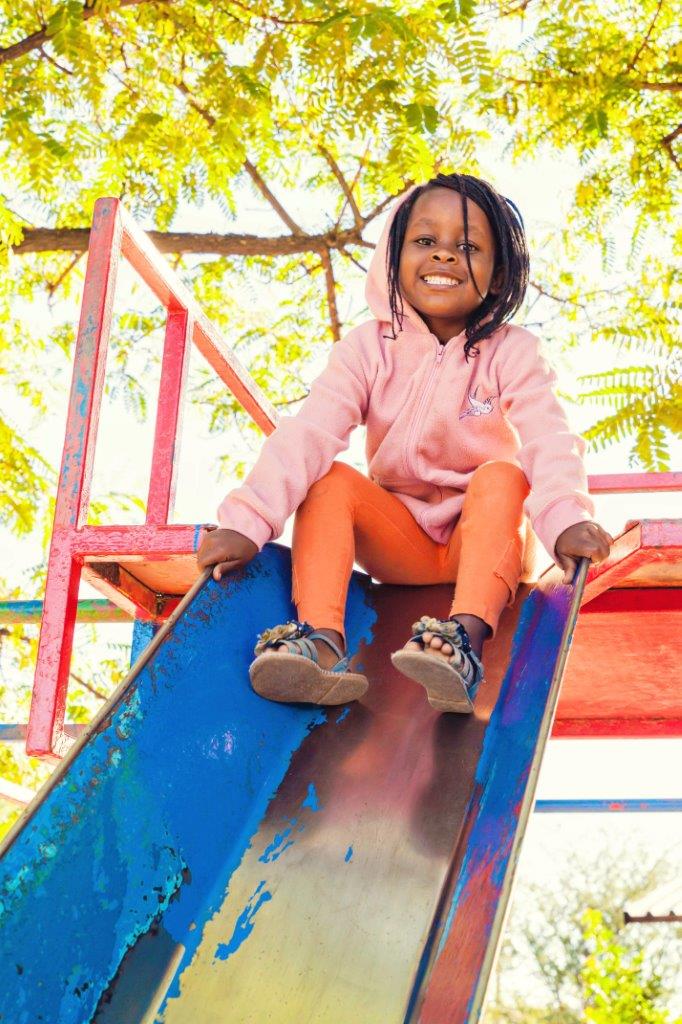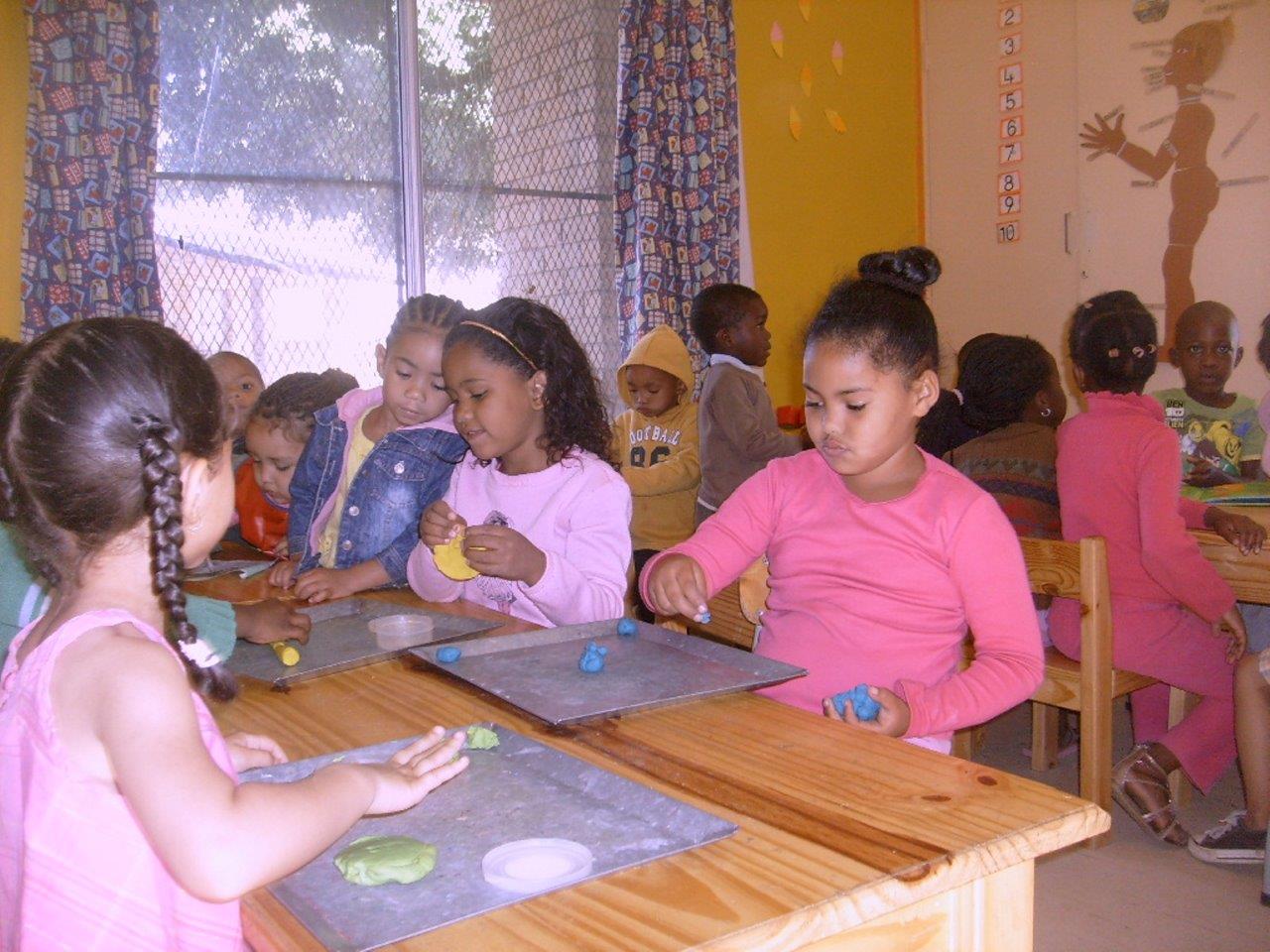Providing infrastructure is a challenge in the face of a growing population
.jpg)
Little girl growing up in SOS Children's Village Windhoek (photo: SOS archives).
Windhoek’s history of apartheid is still visible today and the city remains divided. In the 1950s, the city’s black population was driven from the historical parts of town and made to settle on the outskirts of the city. They called the area “Katatura” – the place where we do not want to live. Today, Katatura has over 70,000 inhabitants and is consistently growing due to the internal migrants who come here in search of employment and opportunity. Living conditions have improved in recent years, and electricity, running water and sanitation are now available to most. Some have even started calling the area “Matutura” – the place where we want to live.
Nevertheless, unemployment rates continue to be extremely high, with some estimates as high as 80 per cent. This in turn leads to increasing levels of violence. Living conditions in other areas of Windhoek also continue to be problematic. The city is growing steadily at four per cent per year. Usually these migrants have no savings and find it difficult to get jobs. The city is finding it increasingly problematic to keep up with this steady influx of people.
Inequality is very tangible in Windhoek
Namibia continues to be one of the most unequal countries in the world in terms of wealth distribution, and the phenomenon of “poverty amid plenty” is highly visible here in Windhoek. The wealthiest ten per cent of the population in Namibia receive over 50 per cent of the country’s total income, while the poorest ten per cent receive just over one per cent. Consequently, there are vast discrepancies between the opportunities children from different sectors of society have in life.
Another severe issue affecting the population is Namibia’s extremely high HIV/AIDS prevalence rate – one of the six highest in the world. The virus continues to be the leading cause of death amongst both adults and children in the country. Anti-retroviral treatment has become more widely available in recent years but, as of 2012, there were already around 76,000 children orphaned by AIDS in the country.
Another severe issue affecting the population is Namibia’s extremely high HIV/AIDS prevalence rate – one of the six highest in the world. The virus continues to be the leading cause of death amongst both adults and children in the country. Anti-retroviral treatment has become more widely available in recent years but, as of 2012, there were already around 76,000 children orphaned by AIDS in the country.
What we do in Windhoek
S7302243.jpg)
Learning together at the SOS Kindergarten (photo: SOS archives).
For children from the region who can no longer live with their parents, up to twelve SOS families can provide a loving home for up to 120 children. In each family, the children live with their brothers and sisters, affectionately cared for by their SOS mother.
The children attend the SOS Kindergarten together with children from the neighbourhood. This ensures that children from SOS families make friends and are integrated into the local community from a young age. The children then go on to complete their primary education at the SOS Hermann Gmeiner School in Windhoek, which is attended by 500 pupils from the Children’s Village and the neighbourhood.
When young people from the SOS Children’s Village feel ready to move out of the family home in order to pursue further education or vocational training, the SOS Youth Programme makes shared accommodation available. The young people live together and, with the support of a qualified counsellor, they learn to take responsibility, plan for their future and prepare for independent adult life.